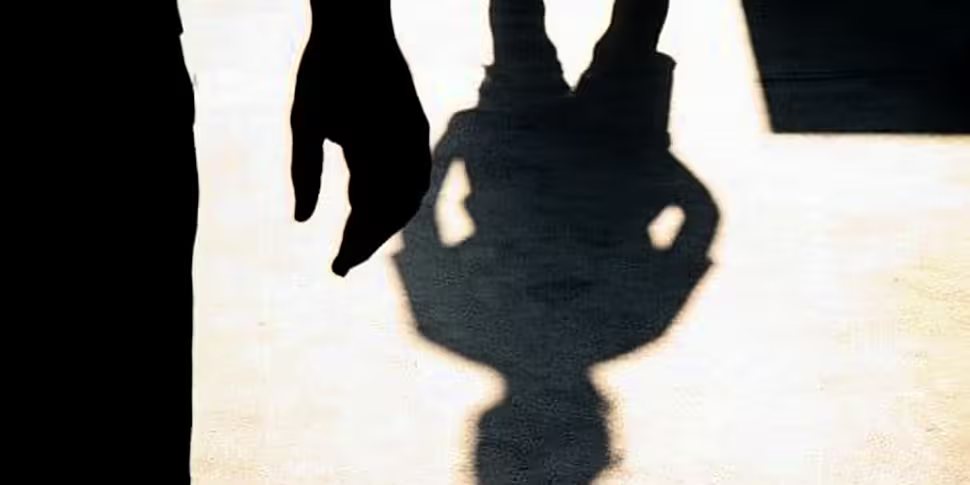A filmed attack of a teenager has opened more discussions about the impacts of bullying and ways to prevent it.
While Gardaí investigate the incident, Lunchtime Live spoke to listeners about their own experiences with bullying.
Listener Sky said she blamed herself for the bullying she experienced in school.
“As you go that bit older and as you internalise that bullying, you become this bully that you can't escape,” she said.
“You're always retelling the same things that they've said about you... And there's no way you can escape yourself.”
Blame
Victims are also often afraid to discuss their experience for fear of “rocking the boat”, according to Sky.
“Even if you do go and speak to some people about it like teachers, they might tell you to be the bigger person,” she said.
Sky said victims of bullying should remember not to blame themselves, and while perpetrators may have underlying issues, the issue is never the victim.
“Some people are frightened of anything different,” Sky explained. “But that doesn't mean that you don't deserve to have friends.”
Schools
Anti-Bullying Campaign Programme worker Sean said the Department of Education has introduced effective anti-bullying measures – but schools aren’t doing their job.
“Bullying hasn’t gone down,” he said “Even though there's a program there and it is highly effective... implementation in schools is the problem.”
“Schools who deny they have a bullying problem, they’re the ones who don't understand what the bullying actually is.”
Resolutions
Sean said anti-bullying measures should not actually punish the bully.
“I can understand at an emotional level by people with things like that they would really want to punish the child in question,” he said.
“However, for the last 100 years, the response of schools and everybody else to bullying situation was to apply punishment. And you know what? It never worked.”
Perpetrators of bullying need to “recognise the harm” they have caused and “make a conscious decision” to stop.
Sean said removing the threat of punishment removes to fear to speak out or confront yourself as a harmful person.
“You take away the punishment and suddenly they're free and safe to say what's going on knowing that nobody is going to get punished,” he said. “The teachers are just going to fix it.”
“I've been in hundreds of schools around the country... I know you still would want punishment for the sake of your child, but it's counterproductive. It doesn't work.”









